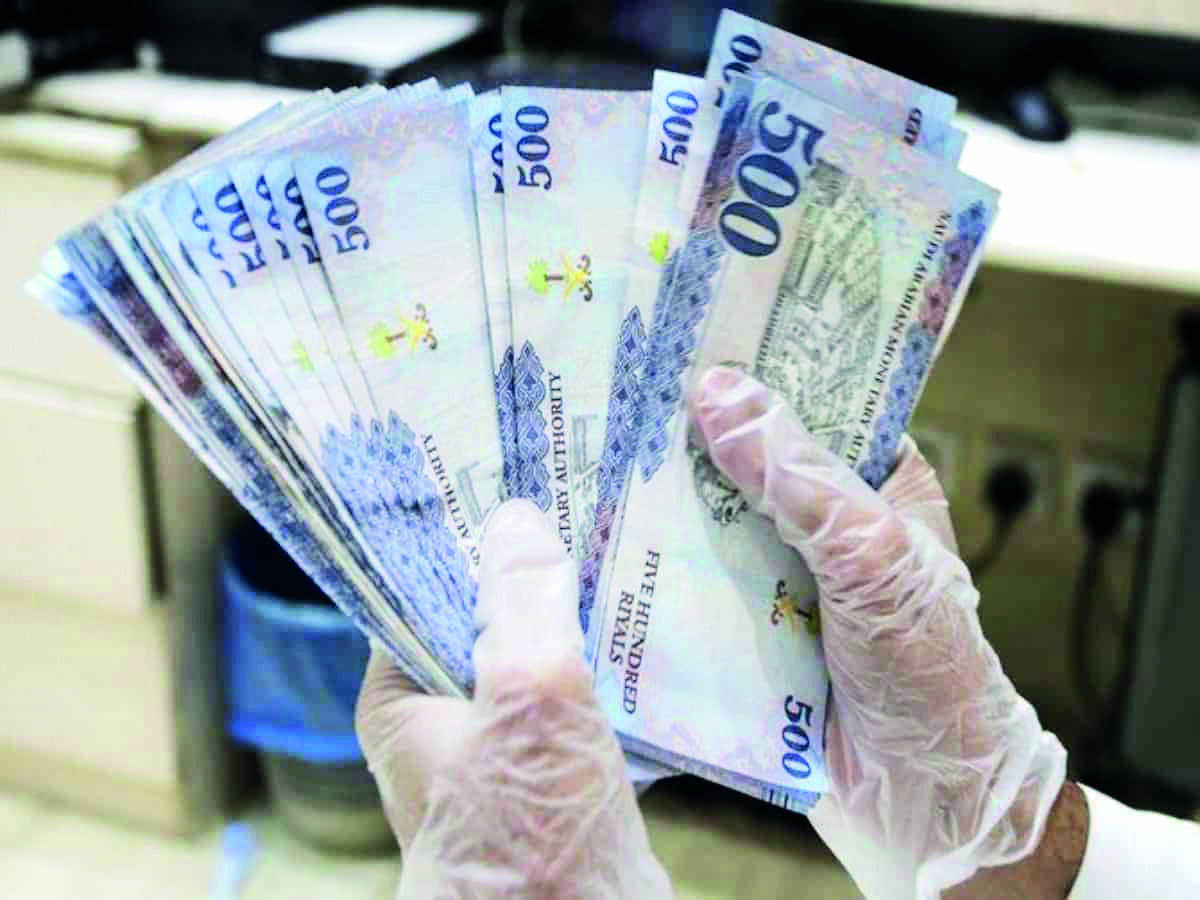India & Saudi Arabia discuss UPI payment system, Rupee-Riyal trade

New Delhi: India and Saudi Arabia have held discussions on the feasibility of institutionalising Rupee-Riyal trade, and introduction of UPI and Rupay cards in the kingdom, the Commerce Ministry said on Monday.
These issues, among others, were discussed during the visit of Commerce and Industry Minister Piyush Goyal to Riyadh during September 18-19. He attended the ministerial meeting of the India-Saudi Arabia Strategic Partnership Council.
Goyal and Saudi Minister for Energy Prince Abdulaziz bin Salman Al-Saud co-chaired the ministerial meeting of the Committee on Economy and Investments of the council.
"Diversification and expansion of trade and commerce, removal of trade barriers... automatic registration and marketing authorization of Indian pharma products in Saudi Arabia, feasibility of institutionalizing Rupee-Riyal trade, introduction of UPI and Rupay cards in Saudi Arabia; were amongst the key points of discussion," it said.
Goyal also discussed various issues with Prince Abdulaziz bin Salman Al Saud.
"Discussed how energy security with climate change sensitivity can deliver economic growth and prosperity," the Indian minister has tweeted.
The ministerial meeting also endorsed the 41 areas of cooperation identified by the technical teams under the four broad domains of agriculture and food security; energy; technology and IT; and industry and infrastructure.
It also agreed to undertake implementation of priority projects in a time bound manner and re-affirmed continued cooperation in joint projects including the West coast refinery, LNG infrastructure investment and development of strategic petroleum storage facilities in India.
During a CEO Roundtable with businessmen in Saudi Arabia, talks focused on increasing exports from India, and facilitating inward investments into India, it added.
In a separate meeting, the minister held discussions on a wide range of topics such as institutional tie-up of the EXIM banks of the two countries, joint projects in third countries, mutual recognition of standards, and collaboration in infrastructure
development.



